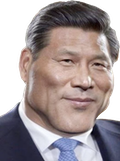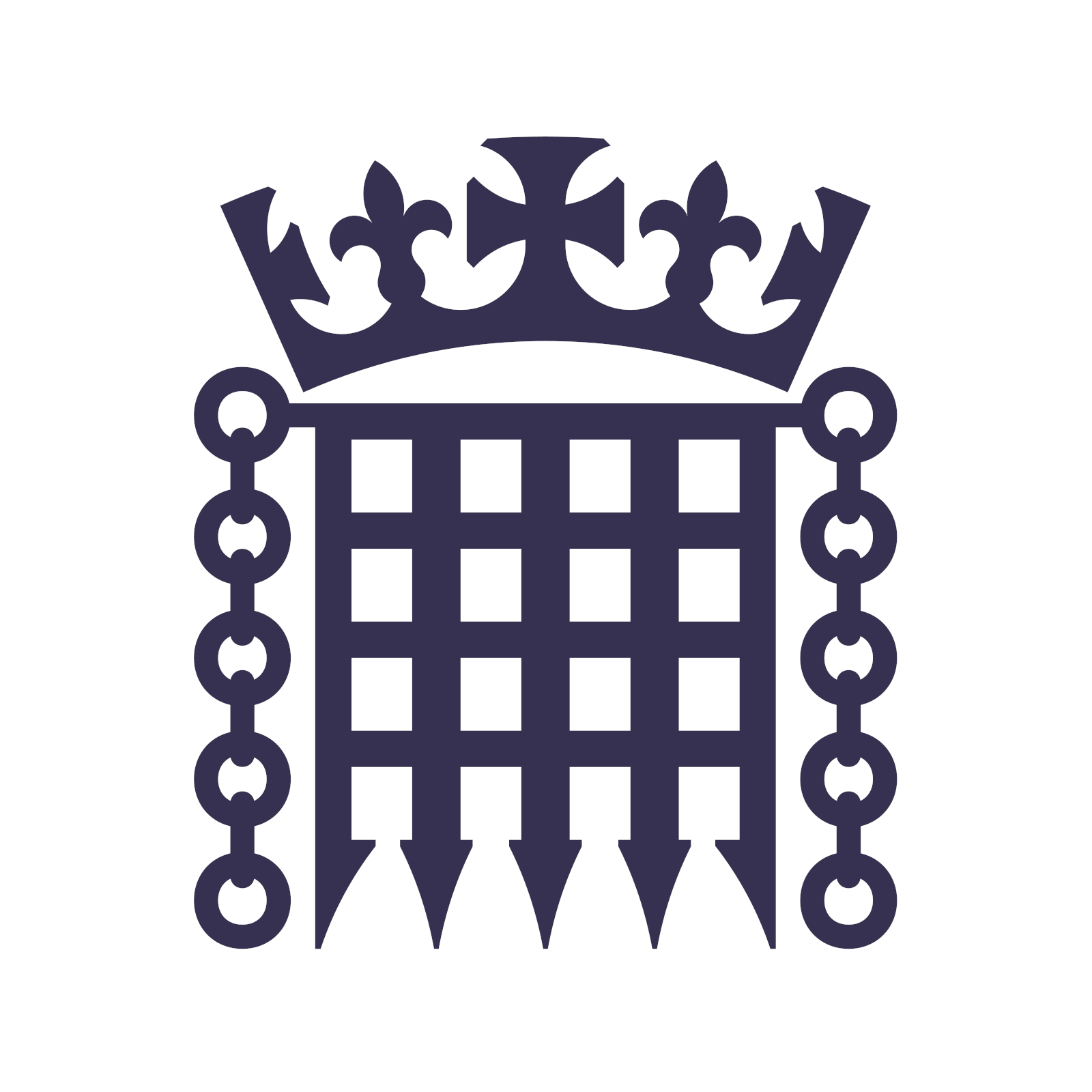

State power 


State power 


I think everyone should post Yuzu links on Twitter. The place doesn’t have much moderation so it’s perfect.


Hamas Official should be in quotes really


Yea it could also be that he wants to develop the new currency in secret so speculators can’t take advantage.


i want to be hopeful but it was sad to see him already capitulating a bit.
“We will try implement a monetary reform at the sub-regional level first,” Sonko said. “If that fails, we will make a decision as a nation.”


Scotland should really leave the shithole that is U.K. It would be better off in every way having its own policies.


This neo-liberal establishment would have us believe that, during its miracle years between the 1960s and the 1980s, Korea pursued a neo-liberal economic development strategy …
The reality, however, was very different indeed. What Korea actually did during these decades was to nurture certain new industries, selected by the government in consultation with the private sector, through tariff protection, subsidies and other forms of government support (e.g., overseas marketing information services provided by the state export agency) until they ‘grew up’ enough to withstand international competition. The government owned all the banks, so it could direct the life blood of business-credit …
The Korean government also had absolute control over scarce foreign ex- change (violation of foreign exchange controls could be punished with the death penalty). When combined with a carefully designed list of priorities in the use of foreign exchange, it ensured that hard-earned foreign currencies were used for importing vital machinery and industrial inputs. The Korean government heavily controlled foreign investment as well, welcoming it with open arms in certain sectors while shutting it out completely in others, according to the evolving national development plan …
The popular impression of Korea as a free-trade economy was created by its export success. But export success does not require free trade, as Japan and China have also shown. Korean exports in the earlier period – things like simple garments and cheap electronics-were all means to earn the hard currencies needed to pay for the advanced technologies and expensive machines that were necessary for the new, more difficult industries, which were protected through tariffs and subsidies. At the same time, tariff protection and subsidies were not there to shield industries from international competition forever, but to give them the time to absorb new technologies and establish new organizational capabilities until they could compete in the world market.
The Korean economic miracle was the result of a clever and pragmatic mixture of market incentives and state direction.
https://libgen.is/book/index.php?md5=CFFF2BEABC3F84C6C5D7EFE777A08C36
Also look what IMF/World Bank did to South Korea during 1997 Crisis. Japan meanwhile had a ‘lost decade’. The USSR and other socialist states industrialized without much involvement of foreign sector, their growth was from the Government sector. In fact, the U.S. prevented them from engaging in foreign trade with the developed countries (who had advanced technology and high income). It is (part of) the reason why Russia, despite falling off post-1991 is withstanding Western sanctions.


It’s not just because they want to raise money, they want to raise dollars specifically.
That said, China has been pushing companies towards domestic capital markets, which run on Yuan.


fr tho, cronyism is the inevitable result of capitalism. there is always a tendency towards oligopolies.

“Public-Private Partnership” and it’s consequences

It is normal. Trump supporters have been like this since 2016. Right wing cranks existed way before that.


Ok, but it wasnt there before so why add it now? it is very clearly to appeal to nationalists.
conservatives have always used the Union Jack prominently but Labour has been pretty subtle about it. it is clearly a deliberate choice.



Bourgeois infighting


Israel runs on American dollars, without American dollars Israel cannot exist.
Shekel barely counts as a seperate currency.


ikr, embarrassing. corporate propaganda works i guess.
i do wonder about the sampling bias. usually these surveys bias towards urban college educated top 25% upper caste people, they should ask lowest income quartile.
https://www.opsecsecurity.com/platforms/digital-content-protection-online/